Curate, connect, and discover
Humanely Bared - Blog Posts
Not to act in this tragedy, but to live
Alicja Rybałko, Curriculum Vitae tr. Regina Grol
but you, in this wilderness alone You've got to live to take the next bite
Dagna Ślepowrońska, tr. Regina Grol
Until I come to understand that to be saved doesn't mean to save but to survive.
Dagna Ślepowrońska, tr. Regina Grol
I am only as much as I'm not.
Dagna Ślepowrońska, tr. Regina Grol
I am a song about the great pain of joy.
Dagna Ślepowrońska, tr. Regina Grol
the body is and is and is and has no place to go.
Wisława Szymborska, Tortures tr. Regina Grol
By the truth we are undone. Life is a dream. ‘Tis waking that kills us.
- Virginia Woolf, Orlando
burn like a meteor and leave no dust.
- Virginia Woolf, Orlando
Still he looked; still he paused. It is these pauses that are our undoing.
- Virginia Woolf, Orlando
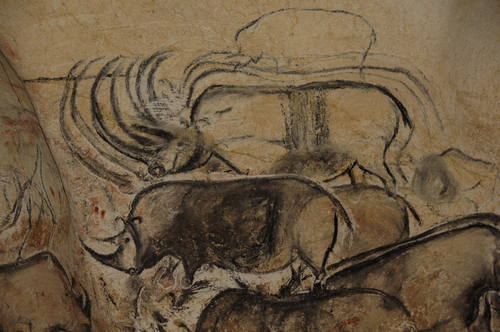

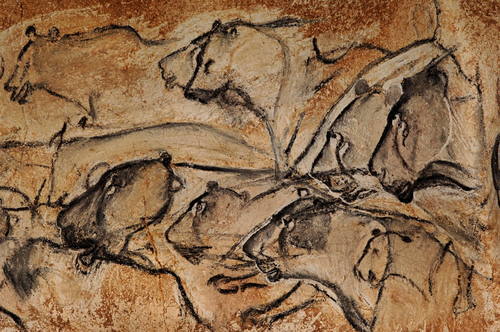
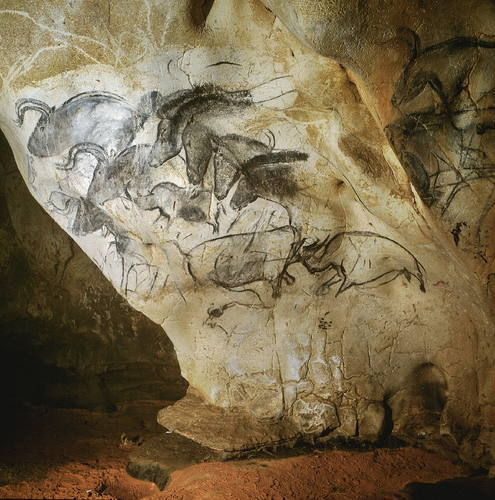
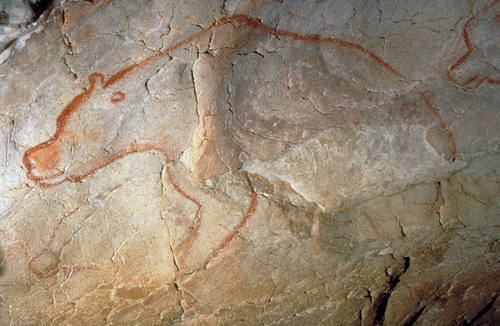

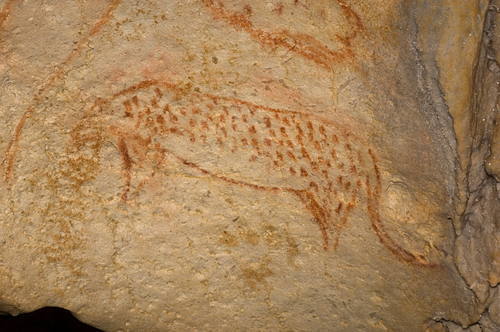
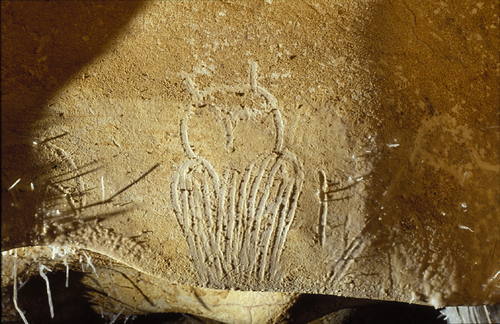
Rock paintings in the Chauvet Cave (France), some of the oldest cave paintings in the world.
They date back 30 – 32,000 years ago, from the Aurignacian tradition of the Upper Paleolithic. The cave was closed off by a rock fall around 20,000 years ago, and was rediscovered in 1994.



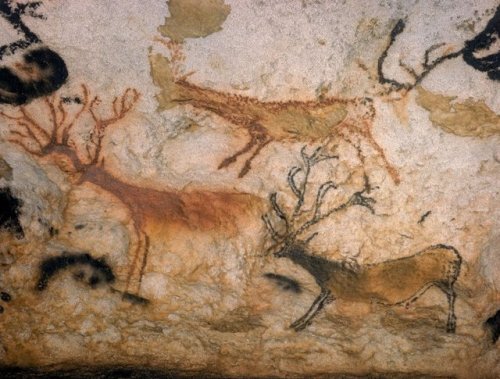

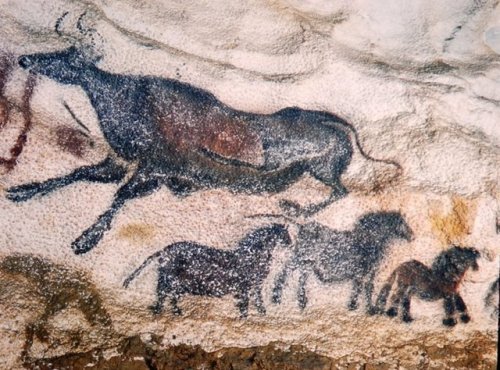

Some of the first photographs ever taken inside the Lascaux caves (France, 1947).
What fragments of her history live in my body?
- Heather Christle, The Crying Book
if the grief is unbearable is there another way to live with it that is not the same as bearing it?
- Judith Butler
I stare, recognize the ghost of old feelings. ‘What do I remember / that was shaped / as this thing is shaped?’
- Heather Christle, The Crying Book
Look how much sadness you can make from showing sadness restrained.
- Heather Christle, The Crying Book
I have dreamed of you so much that you are no longer real.
- Robert Desnos
It's because people are so perishable. That's the thing. Because for everyone you meet there is a last moment, there will be a last moment when your hand slips from theirs, and everything ripples outward from that, the last firmness of a hand in yours that every moment after becomes a little less firm until you look down at your own hand and try to imagine just what it felt like before their hand slipped away. And you cannot. You cannot feel them. And then you cannot quite see them, there's blurry bits, like you're looking through this watery haze, and you're fighting to see, you're fighting to hold on, but they are perishing right before your eyes, and right before your eyes they are becoming that bit more ghost.
Niall Williams, History of the Rain
“In the first version, Persephone is taken from her mother and the goddess of the earth punishes the earth—this is consistent with what we know of human behavior, that human beings take profound satisfaction in doing harm, particularly unconscious harm: we may call this negative creation. Persephone’s initial sojourn in hell continues to be pawed over by scholars who dispute the sensations of the virgin: did she cooperate in her rape, or was she drugged, violated against her will, as happens so often now to modern girls. As is well known, the return of the beloved does not correct the loss of the beloved: Persephone returns home stained with red juice like a character in Hawthorne— I am not certain I will keep this word: is earth “home” to Persephone? Is she at home, conceivably, in the bed of the god? Is she at home nowhere? Is she a born wanderer, in other words an existential replica of her own mother, less hamstrung by ideas of causality? You are allowed to like no one, you know. The characters are not people. They are aspects of a dilemma or conflict. Three parts: just as the soul is divided, ego, superego, id. Likewise the three levels of the known world, a kind of diagram that separates heaven from earth from hell. You must ask yourself: where is it snowing? White of forgetfulness, of desecration— It is snowing on earth; the cold wind says Persephone is having sex in hell. Unlike the rest of us, she doesn’t know what winter is, only that she is what causes it. She is lying in the bed of Hades. What is in her mind? Is she afraid? Has something blotted out the idea of mind? She does know the earth is run by mothers, this much is certain. She also knows she is not what is called a girl any longer. Regarding incarceration, she believes she has been a prisoner since she has been a daughter. The terrible reunions in store for her will take up the rest of her life. When the passion for expiation is chronic, fierce, you do not choose the way you live. You do not live; you are not allowed to die. You drift between earth and death which seem, finally, strangely alike. Scholars tell us that there is no point in knowing what you want when the forces contending over you could kill you. White of forgetfulness, white of safety— They say there is a rift in the human soul which was not constructed to belong entirely to life. Earth asks us to deny this rift, a threat disguised as suggestion— as we have seen in the tale of Persephone which should be read as an argument between the mother and the lover— the daughter is just meat. When death confronts her, she has never seen the meadow without the daisies. Suddenly she is no longer singing her maidenly songs about her mother’s beauty and fecundity. Where the rift is, the break is. Song of the earth, song of the mythic vision of eternal life— My soul shattered with the strain of trying to belong to earth— What will you do, when it is your turn in the field with the god?”
— Persephone, The Wanderer. Louise Gluck (1943). (via mythandrists)
free me from my longing
Anna Czekanowicz, tr. Regina Grol